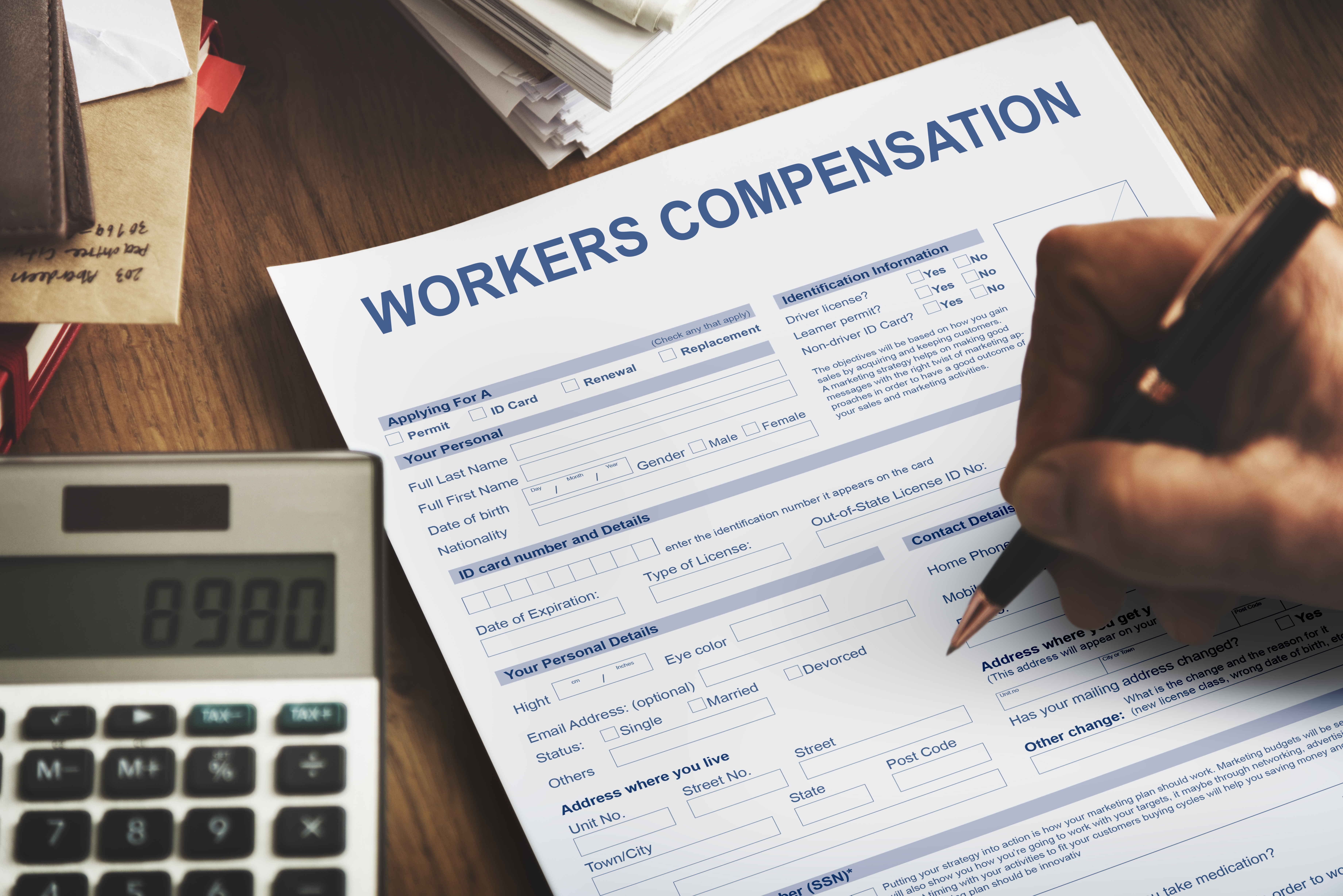Frequently Used Workers’ Compensation Phrases
Sometimes, listening to a Workers’ Compensation attorney talk about a case can seem like hearing someone speak another language. That is because these cases involve legal phrases and abbreviations specific to Workers’ Compensation law.
Here is a guide to some of the most commonly used phrases in Workers’ Compensation cases:
- TT – temporarily totally disabled – a person is injured and not capable of any level of work. This work capacity can only be assigned by a doctor. A worker with an accepted case who is “TT” relating to an accepted injury will receive a weekly check.
- TP – temporarily partially disabled – a person is injured and is capable of less than full duty work. This is frequently referred to as “light duty”. This work capacity can only be assigned by a doctor. An injured worked who is “TP” may need to work light duty at his or her employer or perform job searches to receive a weekly check.
- PPD – permanent partial disability – a level of disability assigned to a body part after an injured worker has reached maximum medical improvement. This comes in the form of a percentage rating given by a doctor after an examination.
- MMI – maximum medical improvement – the end of reasonable medical treatment for an injury. This occurs when an injured worker’s treating doctor decides that all reasonable medical treatment has been provided for an injury.
- 31-308a- this usually refers to a type of weekly money benefit paid to an injured worker after permanency benefits. These benefits are designed to compensate a worker who is not earning as much money as he or she was making before becoming injured. The Commissioner has discretion over how much will be paid.
- RME – Respondent’s Medical Examination – medical examination ordered by the insurance company with a doctor of their choosing. This usually occurs when the insurance company wants a separate opinion on a medical question such as whether an injury is related to a work accident or whether medical treatment recommended is appropriate.
- Respondent – the insurance company in a Workers’ Compensation case.
- Claimant – an injured worker in a Workers’ Compensation case.
- CME – Commissioner’s Medical Examination – medical examination ordered by a Workers’ Compensation Commissioner with a doctor of his or her choosing. This usually occurs to resolve a difference in opinion between an injured workers’ doctor and an RME doctor chosen by the insurance doctor. Think of this as a tie breaker between the Claimant’s treating doctor and the Respondent’s doctor.
- Commissioner – term used to describe the judges in Workers’ compensation cases.
- IME – independent medical examination – another term used to describe an RME.
- Settlement – the closing of a Worker’s Compensation case for a lump sum of money. This means the insurance company will no longer be responsible for payment of money benefits or medical treatment once the case is closed.
- VA – voluntary agreement – Workers’ Compensation form used to indicate that a case or permanency ratings is officially accepted. These official forms are currently printed on green paper.
- Form 36 – Workers’ Compensation form issued by the insurance company to indicate their intent to reduce or change the benefits of an injured worker. If the workers’ attorney objects to this form, it will automatically trigger a hearing to discuss the change requested by the insurance company.
- Form 30C – Workers’ Compensation form used to start a new case. It informs the insurance company and the employer of a claimed injury.
- Form 42 – Workers’ Compensation form sent to a doctor to request a permanent partial disability rating.
- Informal hearing – a meeting between the lawyers for the Claimant and the Respondent before a Commissioner to discuss a specific disputed issue or series of issues in a Workers’ Compensation claim.
- Pre-Formal hearing – an intermediary level hearing in a Workers’ Compensation claim designed to prepare an issue for trial at a Formal Hearing.
- Formal hearing – a trial that will end with a decision by the Commissioner on a specific issue or issues in a Workers’ Compensation case.




Leave a Reply
Want to join the discussion?Feel free to contribute!